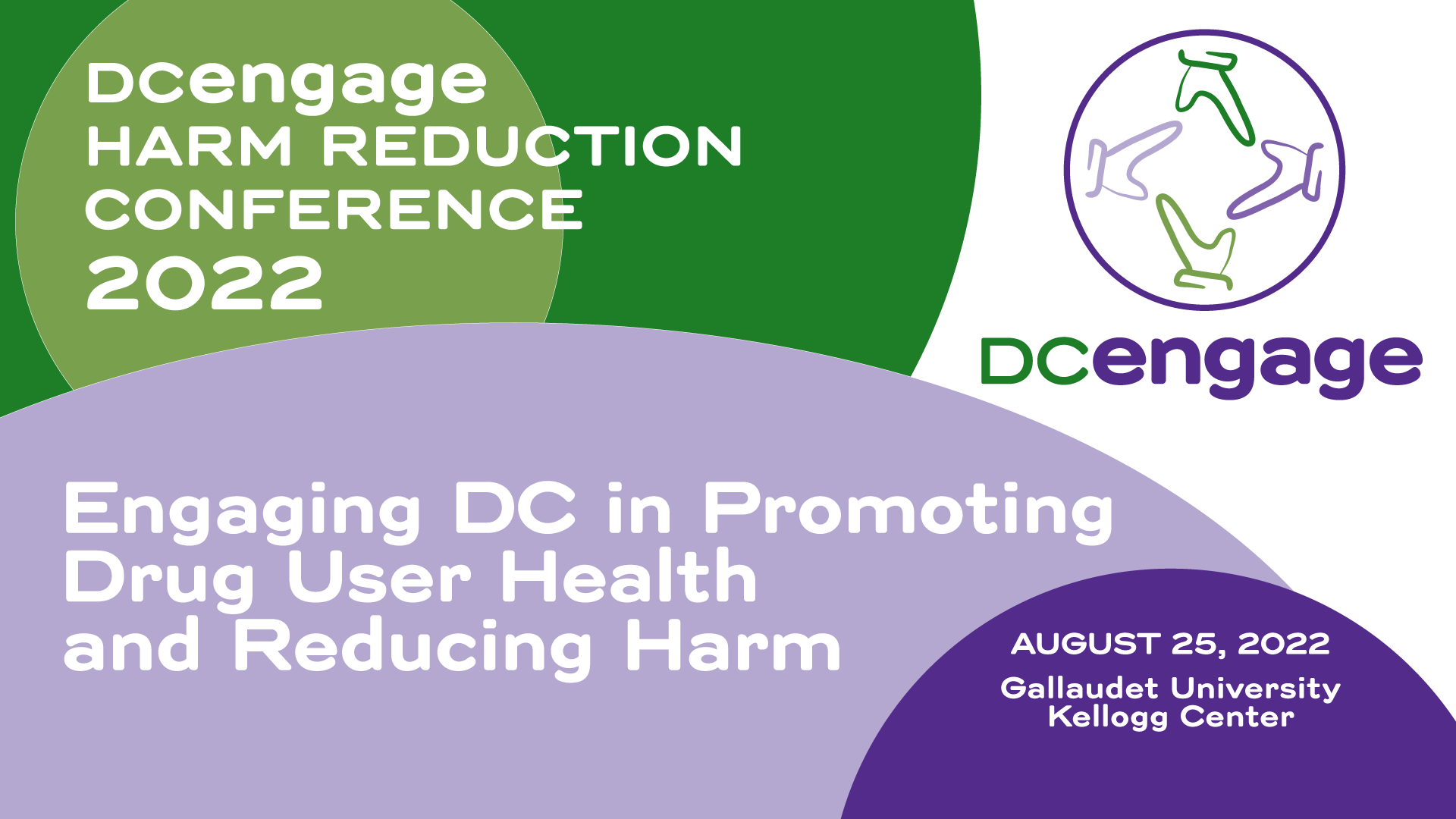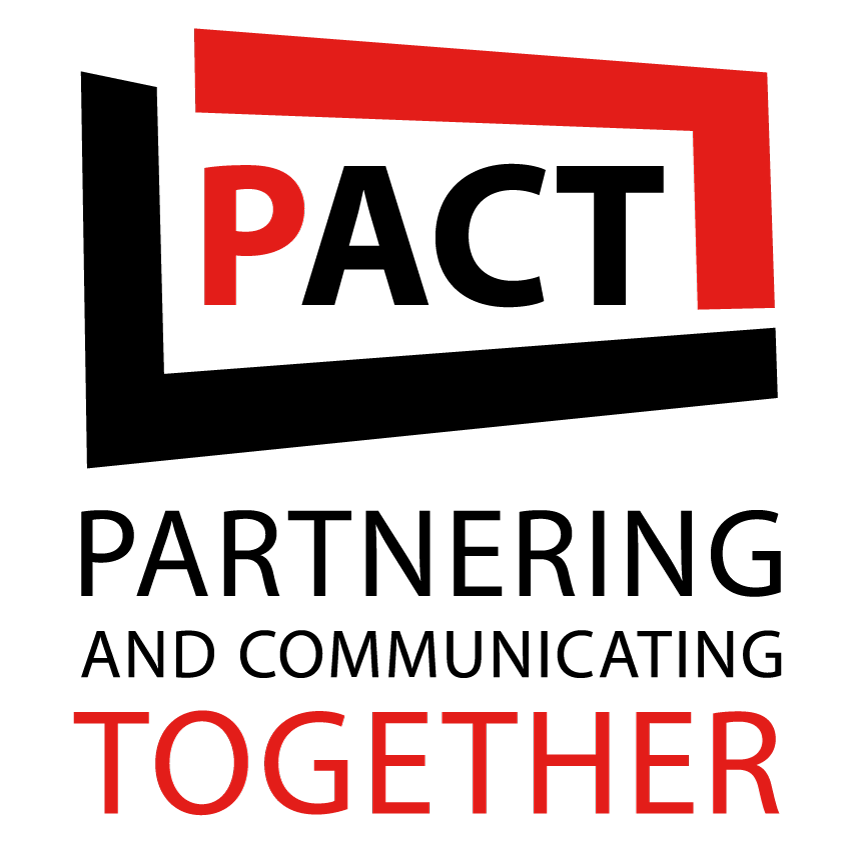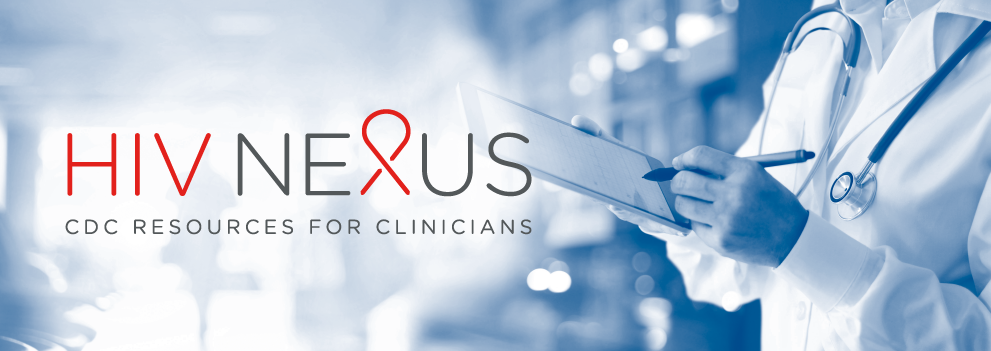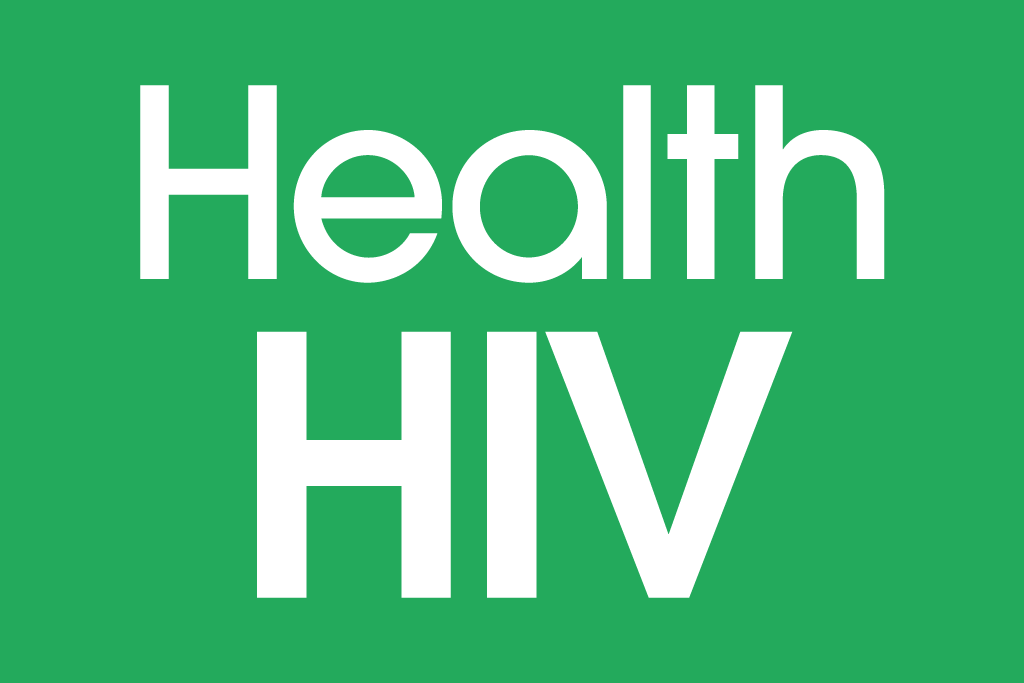
Engaging DC in Promoting Drug User Health and Reducing Harm:
A Person First Approach
Welcome and Plenary
Setting the stage for the conference, this was an opportunity for greetings from leaders within the DC Health Department, SAMHSA to provide a national context regarding Harm Reduction, and time to create a space of wellness for both the persons using drugs and service providers.
- Clover Barnes, DC Health / HAHSTA
- Kristin Roha, HHS / SAMHSA
- Ebony Johnson, DEI(B) & Public Health Strategist
Monkeypox and Harm Reduction
This session demonstrates how data informs overdose outbreaks and clusters in Washington to DC. The presentation explains how the DC Department of Health uses data to respond to the community in an effective and timely manner.
- Jason Beverley, DC Health / HAHSTA
- George Kerr III, Harm Reduction at Westminster
Public Education During an Outbreak
This session is designed to demonstrate how data informs overdose outbreaks and clusters in Washington to DC. The session will explain how DC Health Department of Health uses data to respond to the community in an effective and timely manner.
- Dr. Kimberly Henderson, DC Health
- Ben Turley, DC Health
Syringe Services Programs in a COVID Environment
Syringe Service providers discuss the implementation services, success, and challenges in a COVID-19 environment.
- Alexander/a Bradley, Honoring Individual Power, and Strength (HIPS)
- Anthony Hebert, Us Helping Us
- Mark Robinson, Family & Medical Counseling Service
A Community Engagement: Taking It to the Streets!
This session provides an opportunity to learn how DC ENGAGE micro-grantees engage the community regarding harm reduction. Grantees detail the important components of successful engagement.
Scene By: Caged Birds Productions
Discussion with DC Engage Micro-Grantees:
- Alliance of Concerned Men
- Capital Ballroom Council
- Empowerment Enterprise II
- Far Southeast Family
Strengthening Collaborative - Father Factor
- Harm Reduction at Westminster
- Innergy, Inc.
- Marshall Heights Community Development Organization
- National Association of Returning Citizens
- Project Briggs
Current and New Treatment Approaches
This session examines current treatment models that continue to have positive impact on harm reduction efforts. The session also explores promising treatment models in the US and around the county.
- Dr. Jasleen Salwan, District Addiction Consultation Service & Montgomery Family Medicine Associates
Behavioral Health Models for Integrated Care
This session explores the success and importance of integrating behavioral health models into the continuum of care.
- Joseph DaSilva, Washington Health Institute
- Tony Purcell, Washington Health Institute
Drug User Health and Workplace Policies
This session explores the challenges related to policies and practices in the workplace and the impact on drug user health.
- Jhahbriel Butler-Moore, The Butlers Kitchen
MAT Survey: Where Are We Headed?
This session examines the findings of the MAT survey conducted by HealthHIV among service providers in the District of Columbia. The survey addresses attitudes and needs related to the implementation of MAT services.
- Dr. Erin Starzyk, HealthHIV
Intersectionality Between Infectious Disease and Drug Use
This session identifies the impact of living with an infectious disease and being a person who uses drugs.
- Dr. Irene Kuo, GWU Milken Institute School of Public Health
- Kevon Smith, Oxford House
New, Now, Next: New Initiatives, Workplace Wellness and A Call to Action to Reduce Harm
The closing session provides insight into upcoming initiatives and resources from a national perspective. It also identifies a healthy work environment for both employee and the client and how a healthy work environment is important as we move forward in harm reduction.
- Ebony Johnson, DEI(B) & Public Health Strategist
- Kristin Roha, HHS / SAMHSA
- Jona Tanguay, Whitman Walker



